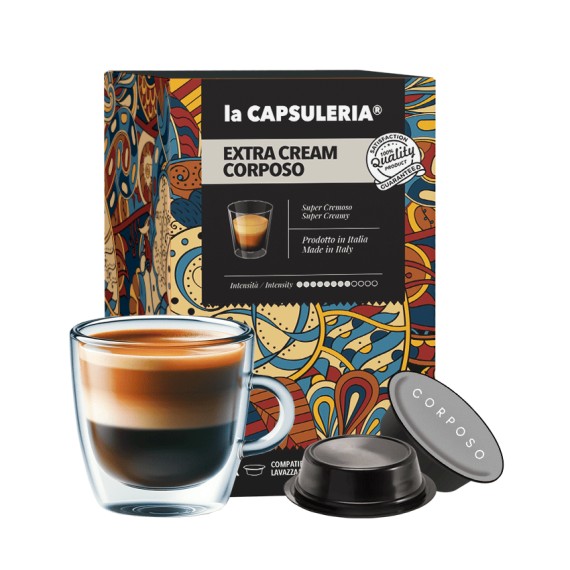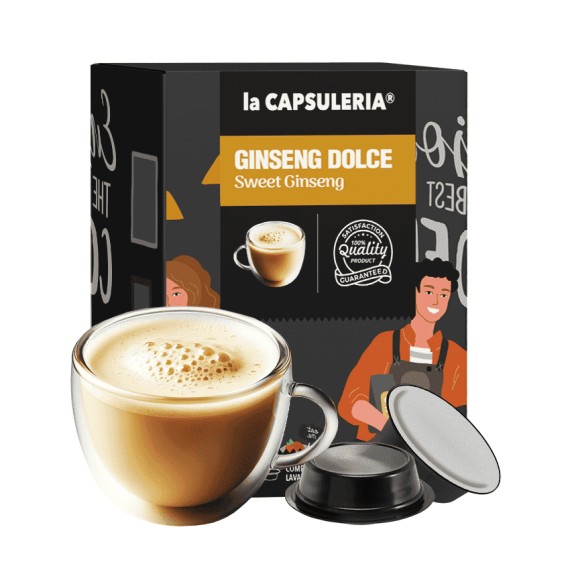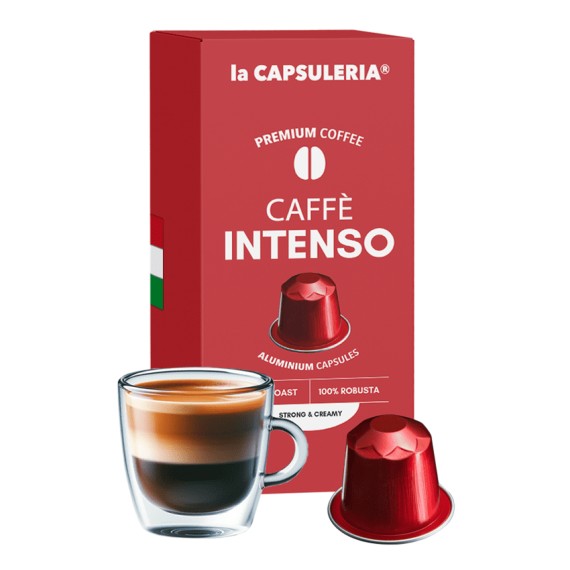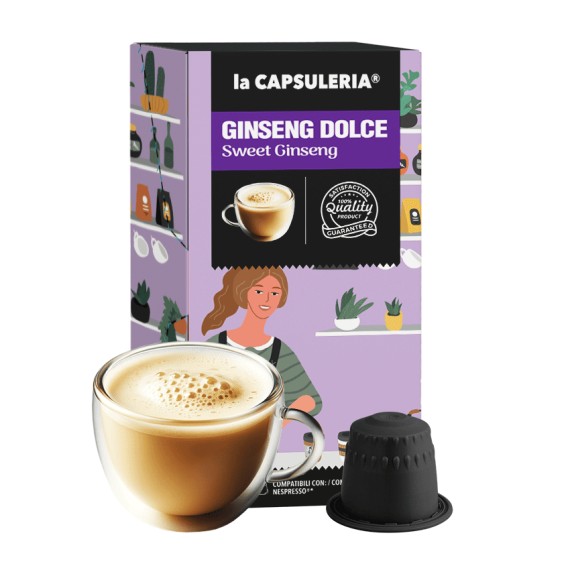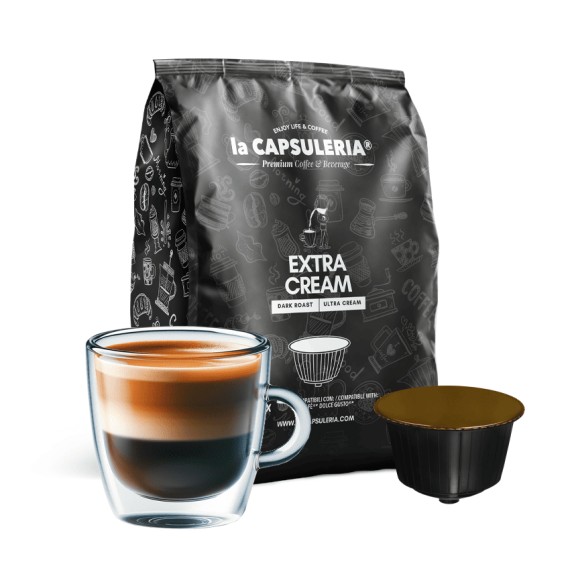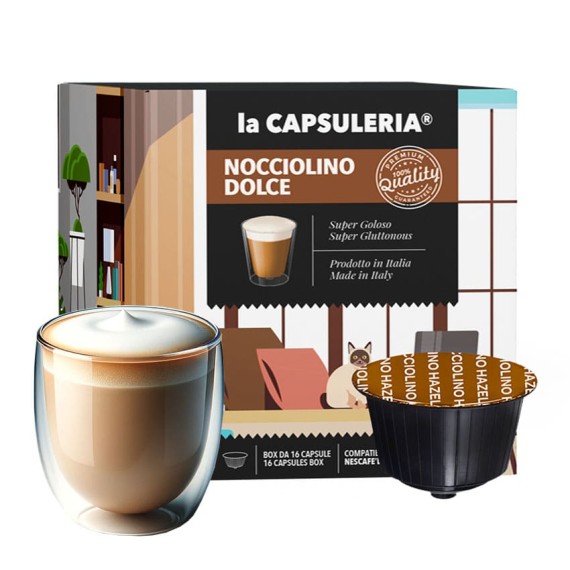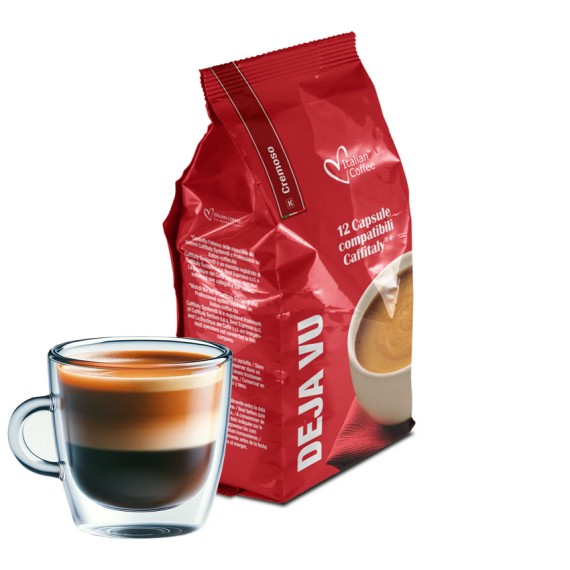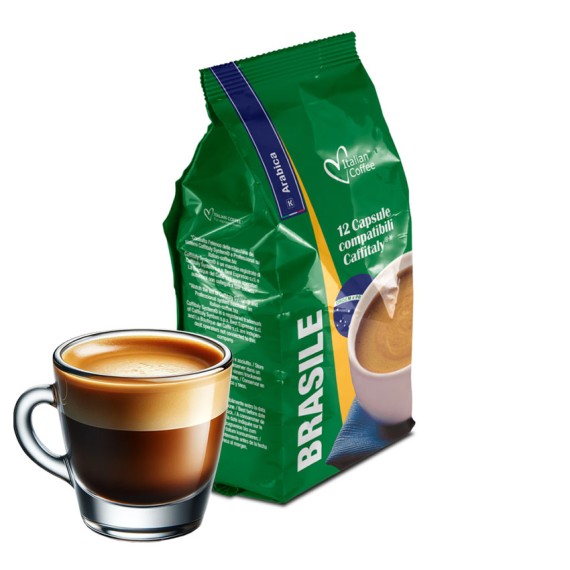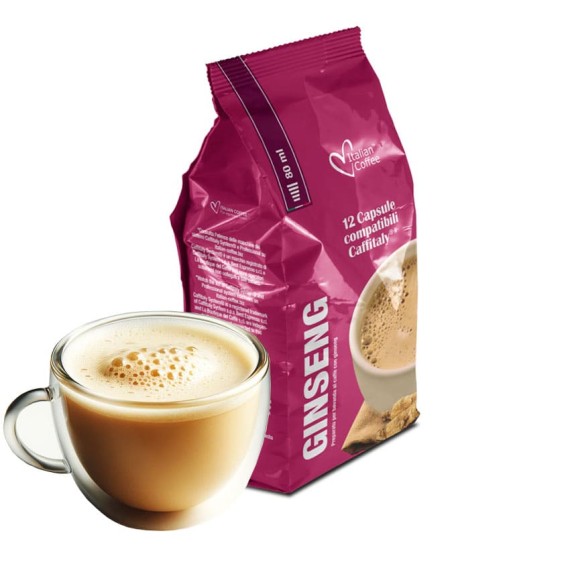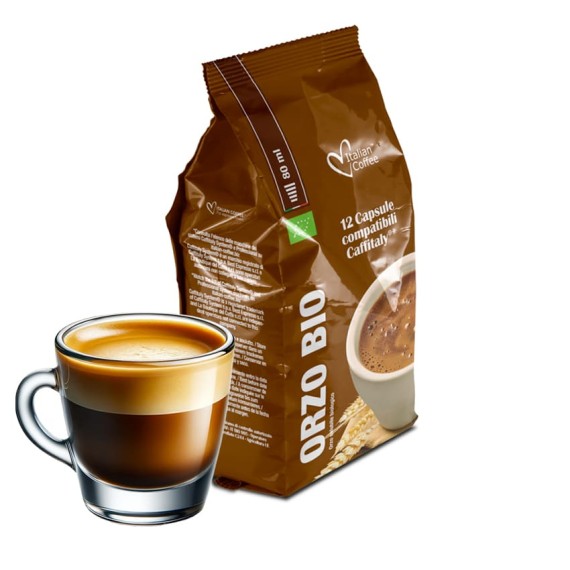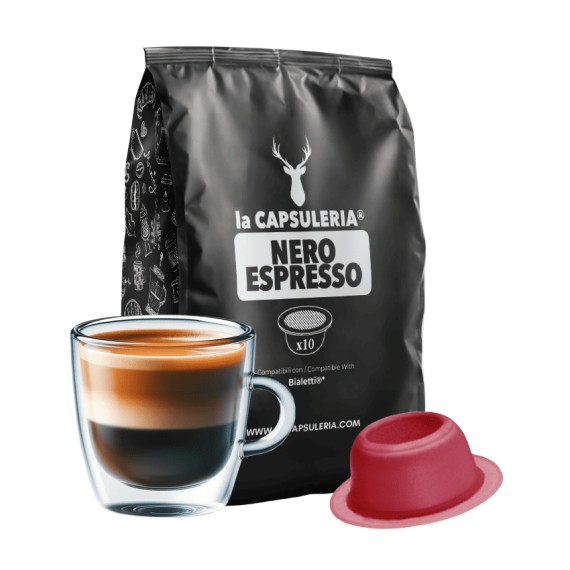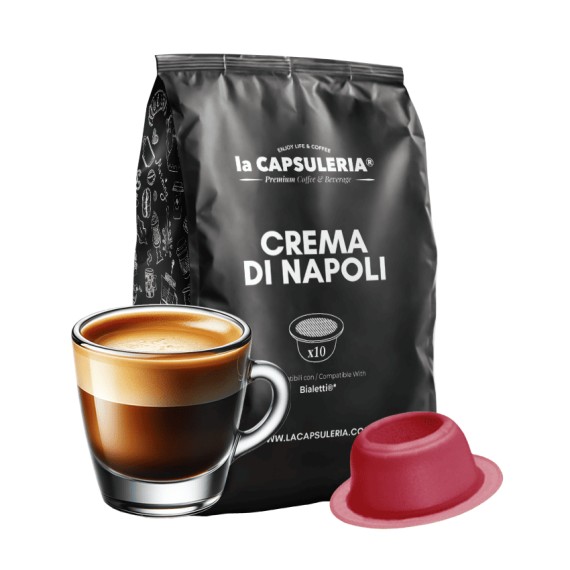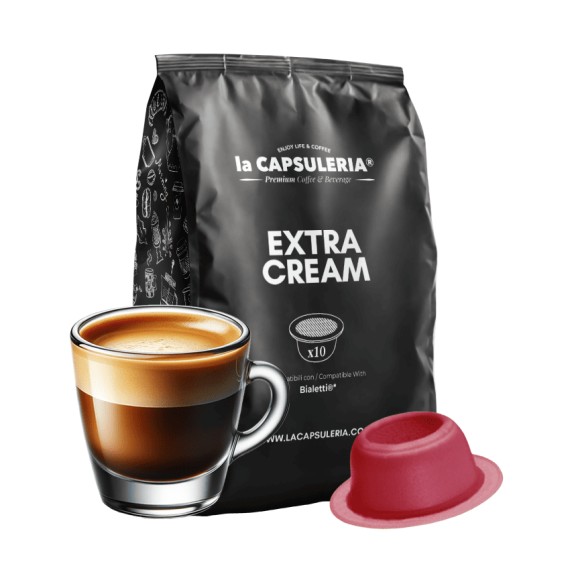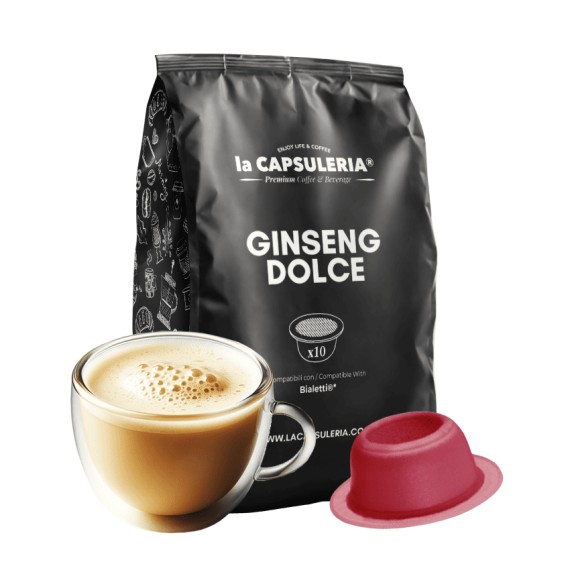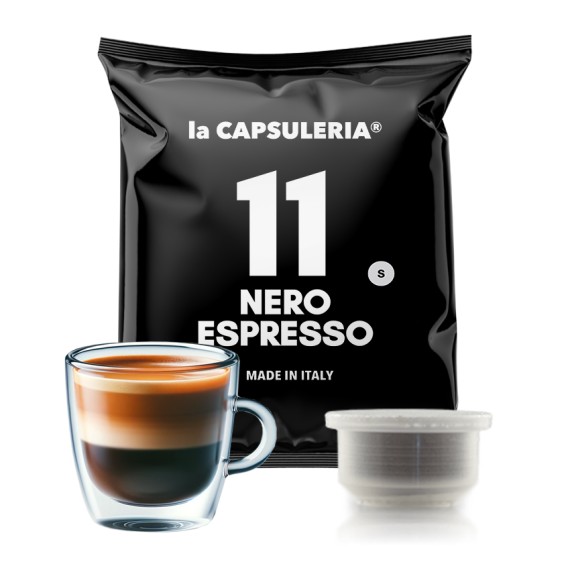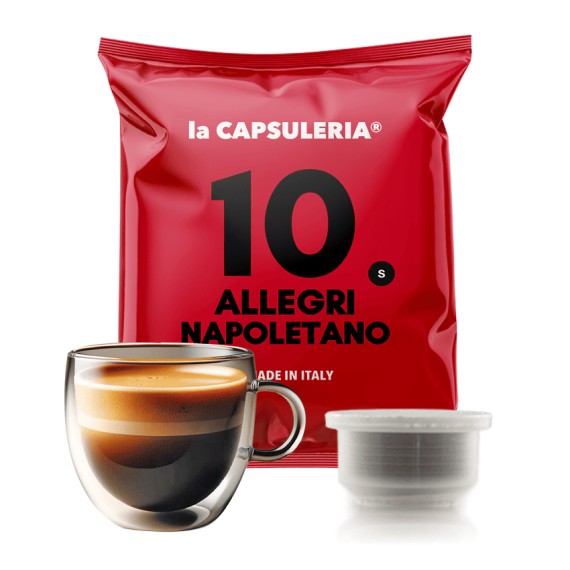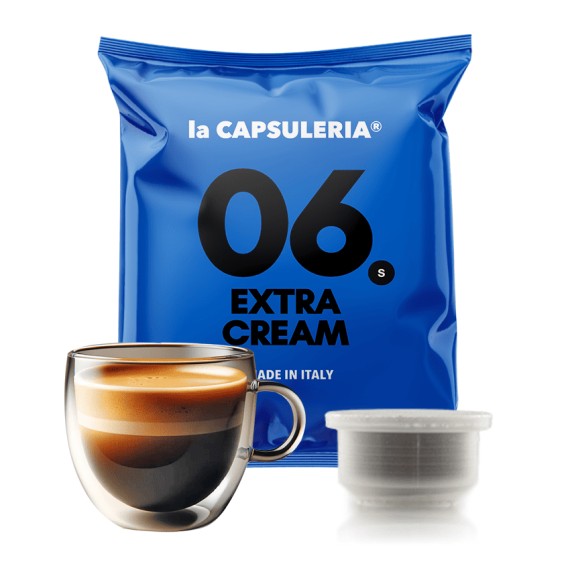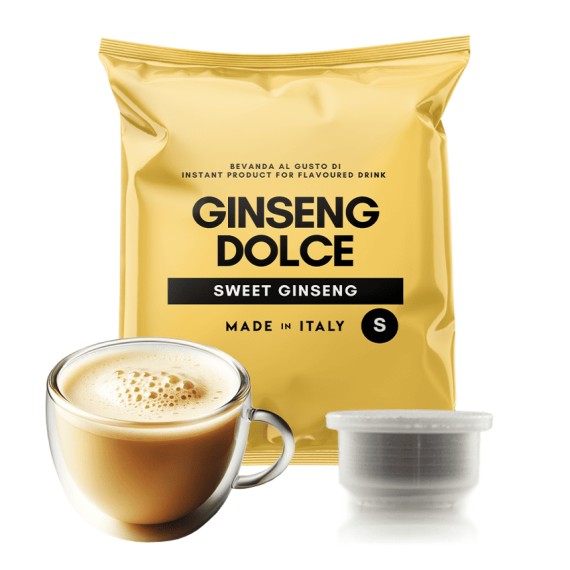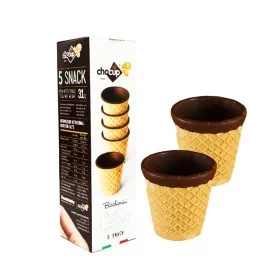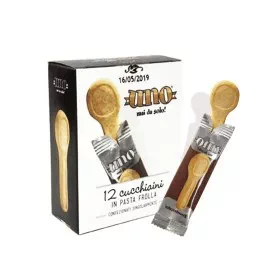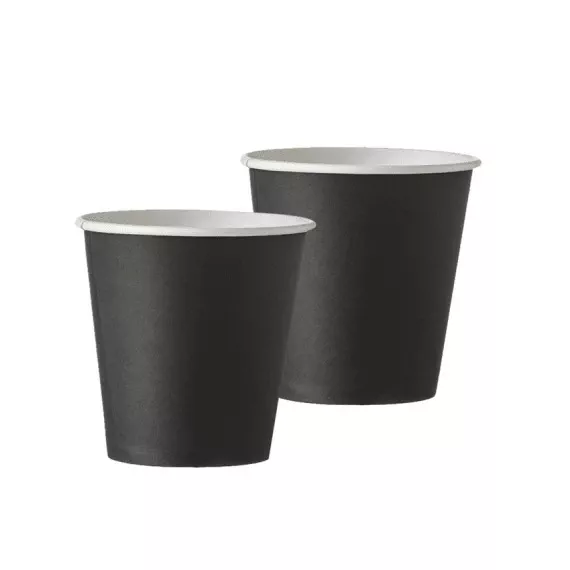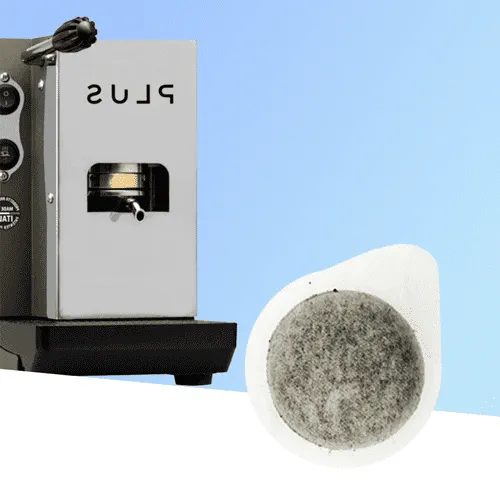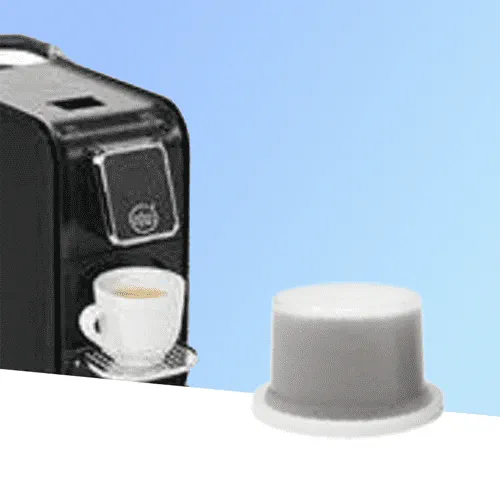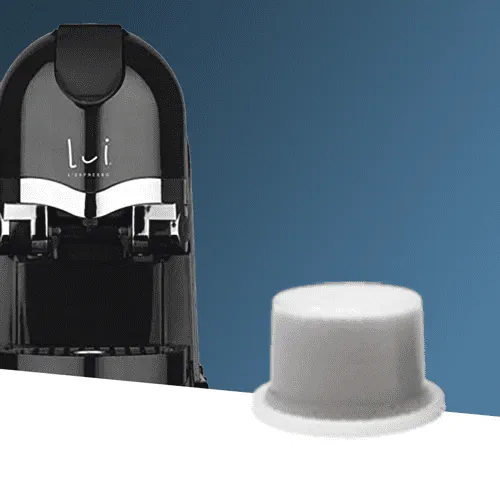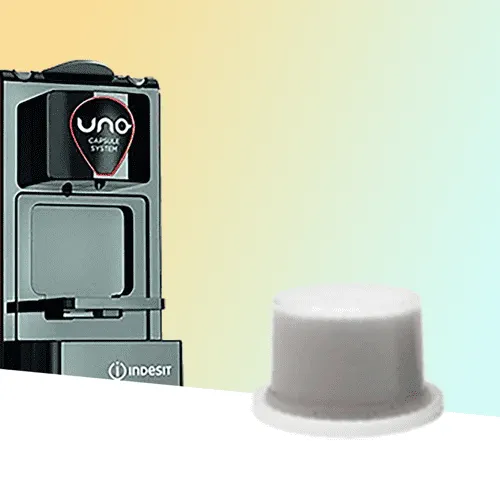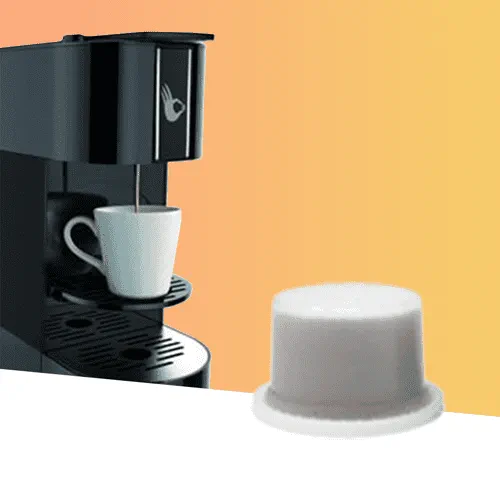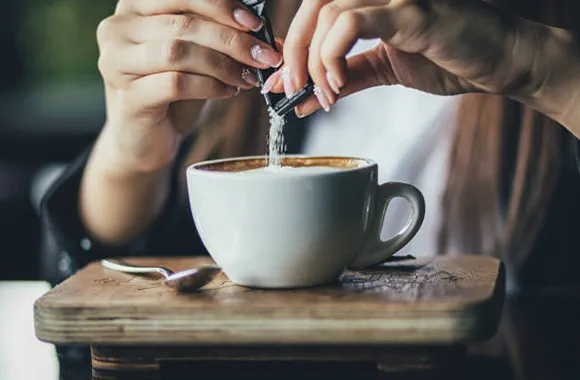
SUGAR IN COFFEE. YES OR NO?
#sugar-in-coffee #bittercoffee
What we talk about in this article:
- Introduction
- Historical background
- Coffee production
- Analysis
- Sugar and health
- our opinion
SUGAR & COFFEE: yes or no? Why?
As an expert, the answer would impulsively be a flat 'no'. But is sugar in coffee really the 'absolute evil'? Is it always and everywhere wrong to sugar your coffee?
Let's try to understand it better together...What is wrong with adding sugar to coffee?
Coffee is not something that can be obtained in a few minutes. If we consider all the production processes starting from cultivation, it is a product that needs weeks, months or even years and years of hard work to achieve the desired in-cup result.
Every production process starting from the cultivation is focused on enhancing and preserving in the best possible way all the characteristics of the coffee itself according to the desired end result in the cup.
The flavours and aromas of coffee are unique. They depend on the variety, the soil in which it is planted, the use of fertilisers (organic or otherwise), the amount of shade, the altitude, the coffee processing methods, the grinding and much more...
Each roastery chooses a roasting and grinding profile that it believes best enhances the characteristics of its beans.
Finally, depending on the coffee machine used, and therefore on the type of capsule, there is a certain extraction and a certain result in the cup. In the eyes of a professional taster or barista, so in theory what should be an expert in extracting coffee, 'coffee is already perfect as it is'.
Once sugar is added, it is no longer the same drink.
Sugar not only makes the coffee sweeter, it also hides some of its more delicate notes. It changes its flavour profile and balance.
This, of course, is the expert's view. But what do those who drink it every day and are not experts think?
Taste is up to you.
In coffee, as in so many other fields, it is personal taste that makes the difference. For some, making coffee is science, for others it is art. Actually, we believe that it is both, although when we talk about taste, the comparison with art is quite apt.
Let's try a practical example: everyone (more or less) is able to recognise the beauty of Florence Cathedral. Conversely, perhaps not everyone appreciates the paintings of Pollock or Kandinsky.
To some, they might seem like an eyesore. And, in the eyes of a layman, it can be. So coffee is a matter of taste. Some cafes can be seen as the Duomo in Florence, accepted by all, while others can be seen as a Kandinsky painting, more difficult to understand.
Tastes are tastes, not everyone sees it in the same way and not everyone can always have the necessary understanding of the product to be able to appreciate it fully.
Judging is not necessary
In all this talk, those who add sugar to their coffee might feel judged negatively. And that is exactly what we do not want. From experience, we know that many people may not have tried coffees that are naturally sweet or have a balanced taste.
For many, in a generalised way, coffee is just bitter, and therefore sugar must be added to it. As you can guess, no one is to blame, and judging the choices of others does not really make sense.
For this reason, we try to offer you various types of coffee, from 100% Robusta roasted darker with notes of dark chocolate and dried fruit to 100% Arabica from South America with a blond roast with notes of honey and biscuits.
This is precisely to try to offer you the most suitable coffee. Joking on the subject of sugar, but without judging.
Points of view and a healthy compromise
The issue of sugar is also largely cultural. Historically, we know that adding sugar to coffee has always served to mask the bitterness of dark roasts and poor quality coffees. This is because our taste is 'programmed' to avoid bitter flavours, as they are often associated with negative feelings.
Our brains recognise sweetness as a feeling of pleasure and reward, producing dopamine, known as the 'happiness hormone'. This is exactly the same concept that causes us to crave sweets and sugary drinks.
As with all foods and beverages, our palate gets used to coffee over time and, by doing without or reducing it, we may be able to have less and less need for sugar. Contrary to those who claim that sugar should never be added to coffee, some argue that adding a moderate amount of sugar can improve the ability to perceive different flavours, balancing acidity and counteracting bitterness.
The sugar, however, should be neutral and not add anything other than sweetness. Other sweeteners such as brown sugar, aspartame, honey or stevia have their own flavour, which covers and alters the taste in the cup.
The latter, for example, can distort the flavour and add notes of all kinds, from caramel to vegetable notes.
Back to the central discourse related to taste.
For some (especially the experts), adding sugar is an irreparable alteration of the taste of coffee. For others, it is simply what they need to enjoy their coffee comfortably.
In the end, as experts we suggest tasting the coffee before adding sugar. We believe that this may already be a good compromise to fully perceive both the original taste of the coffee and the transformation of the coffee after the addition of sugar.
Next free guide :)
Niccolò

